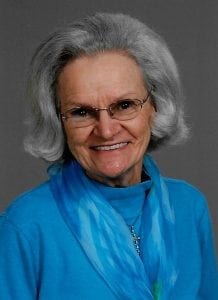National Nurses Week begins each year on May 6th and ends on May 12th, Florence Nightingale’s birthday.
Think about it… every time you visit a doctor’s office or hospital, you see a nurse. If you happen to be a patient in a hospital on a holiday, there will be nurses there to take care of you. If you have trouble understanding what the doctor is telling you, a nurse will clarify it for you. Now, think about how many times you must visit doctor’s offices and hospitals if a family member happens to have a complicated rare disease.
My daughter Kelley had numerous hospitalizations during her life due to her rare disease. In fact, I would be hard pressed at this point to count how many times she was a hospital patient or how many times nurses visited our home to help us with her care. As I think back about the course of her life, I know we wouldn’t have made it through many situations without the help of the nursing profession.
We need to remember that nurses put their own emotional needs on hold while caring for us and our loved ones.







